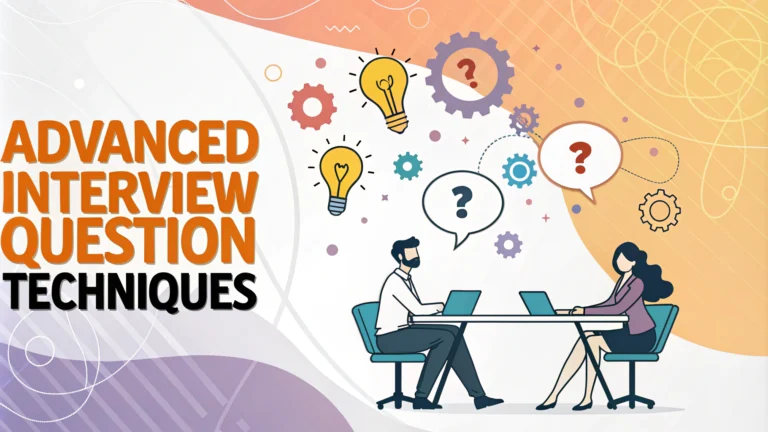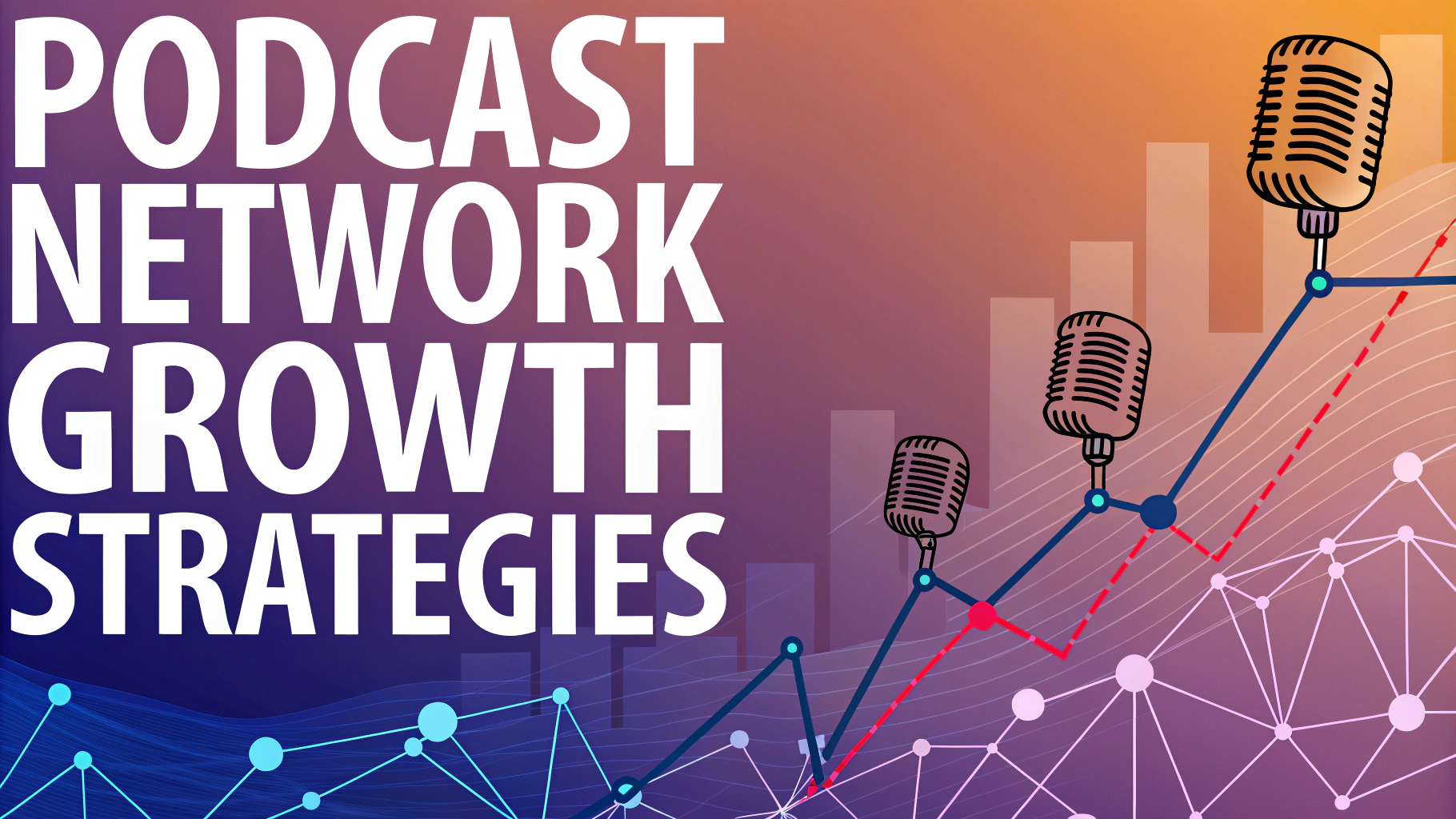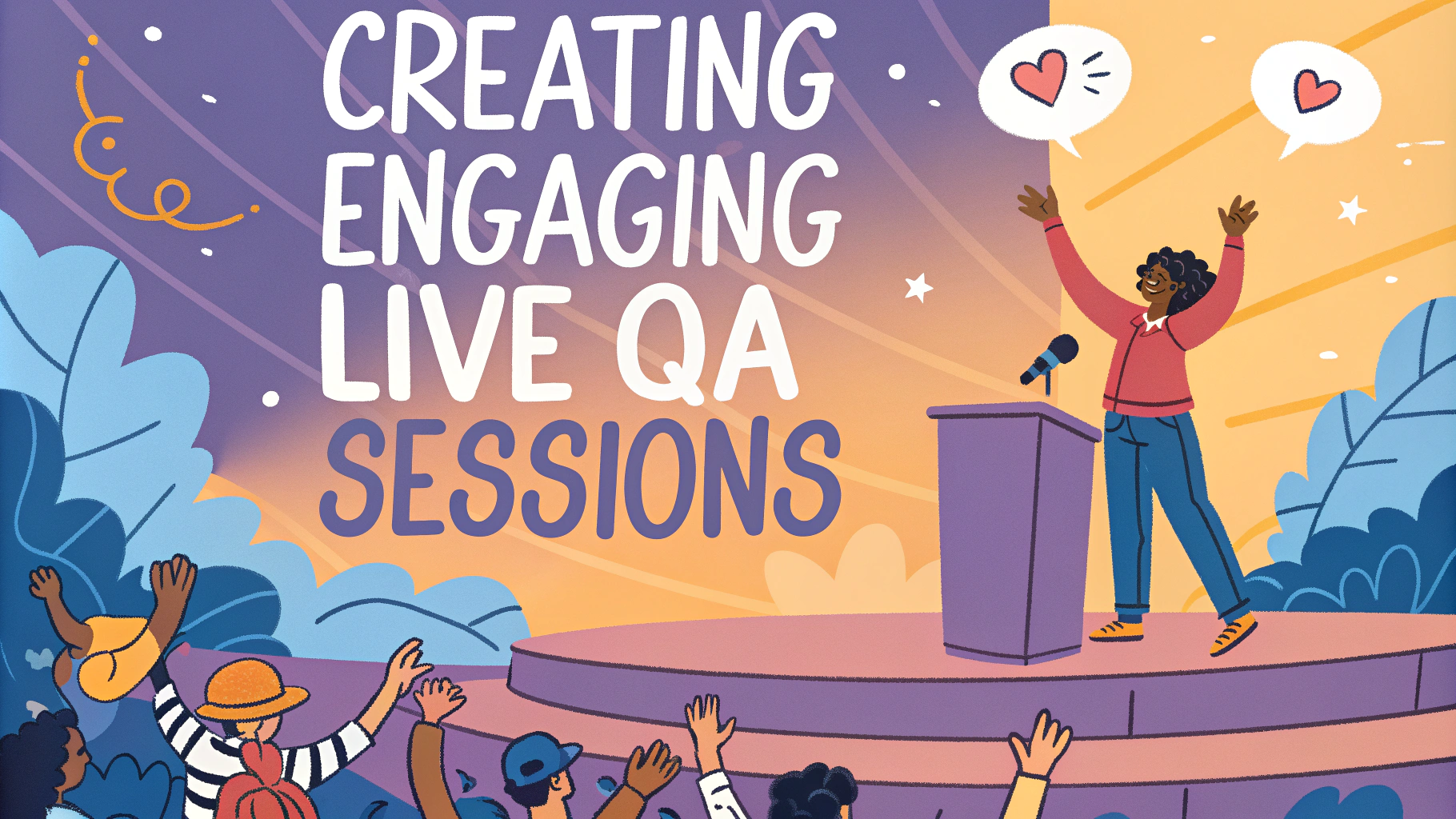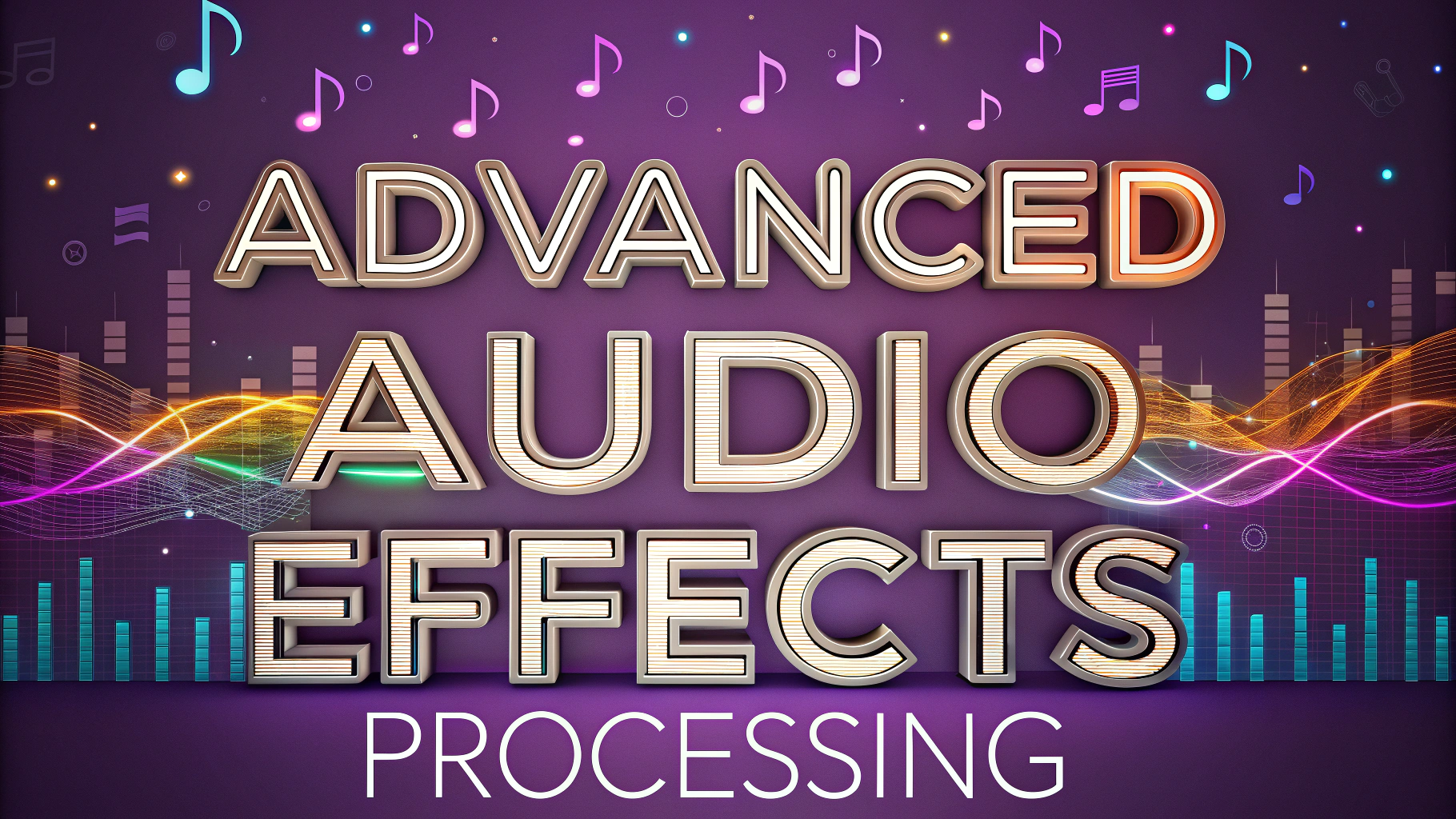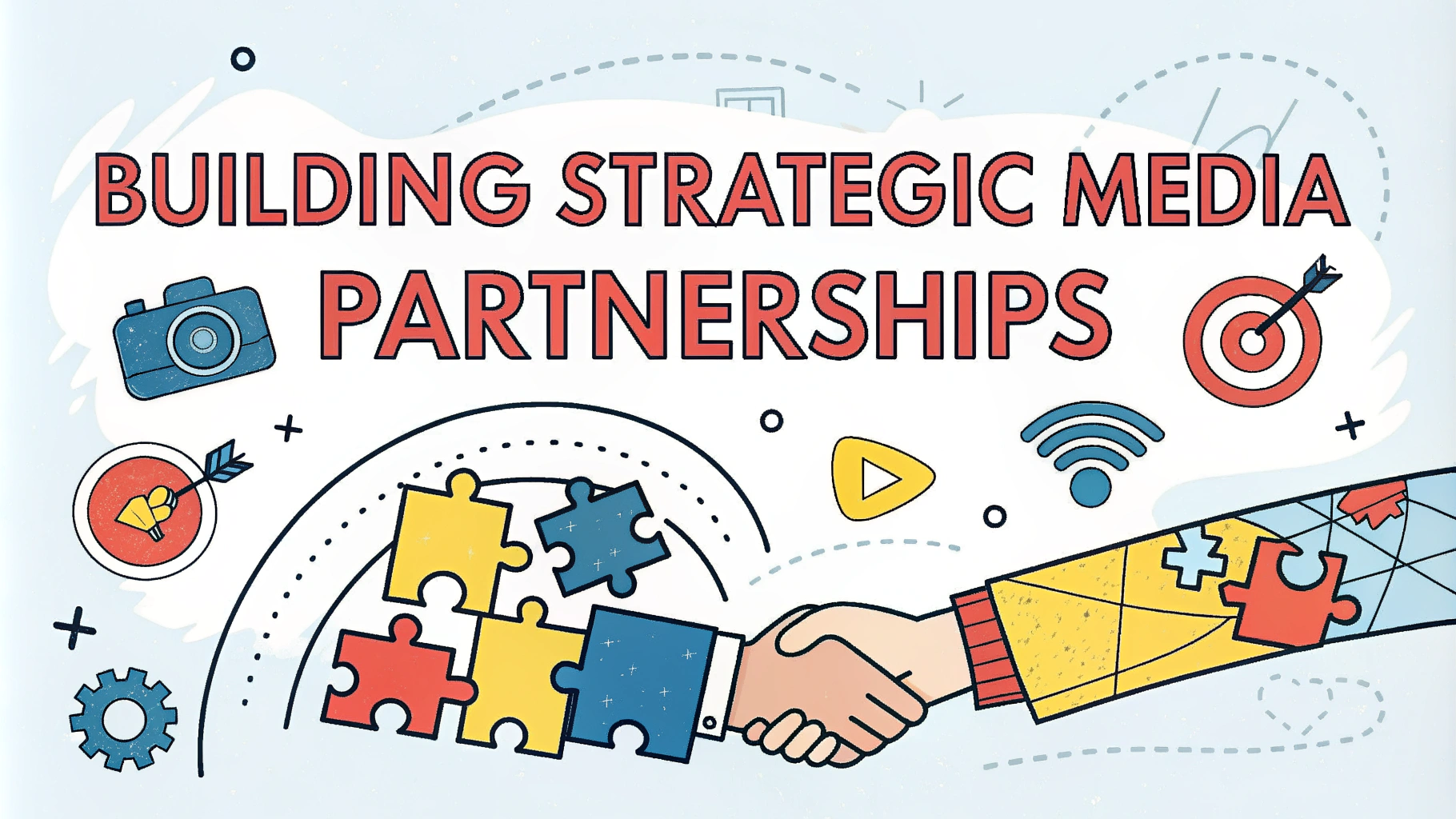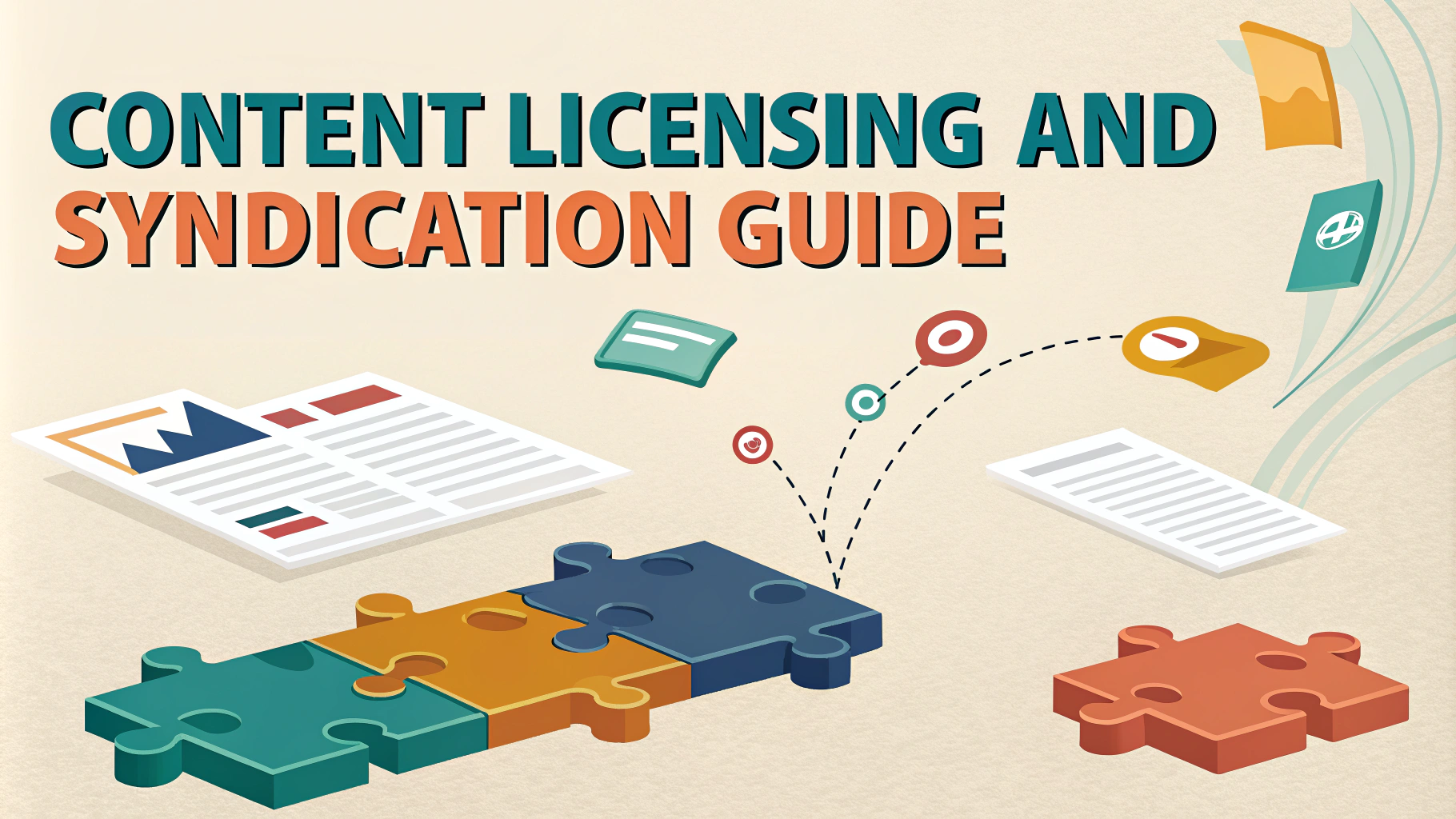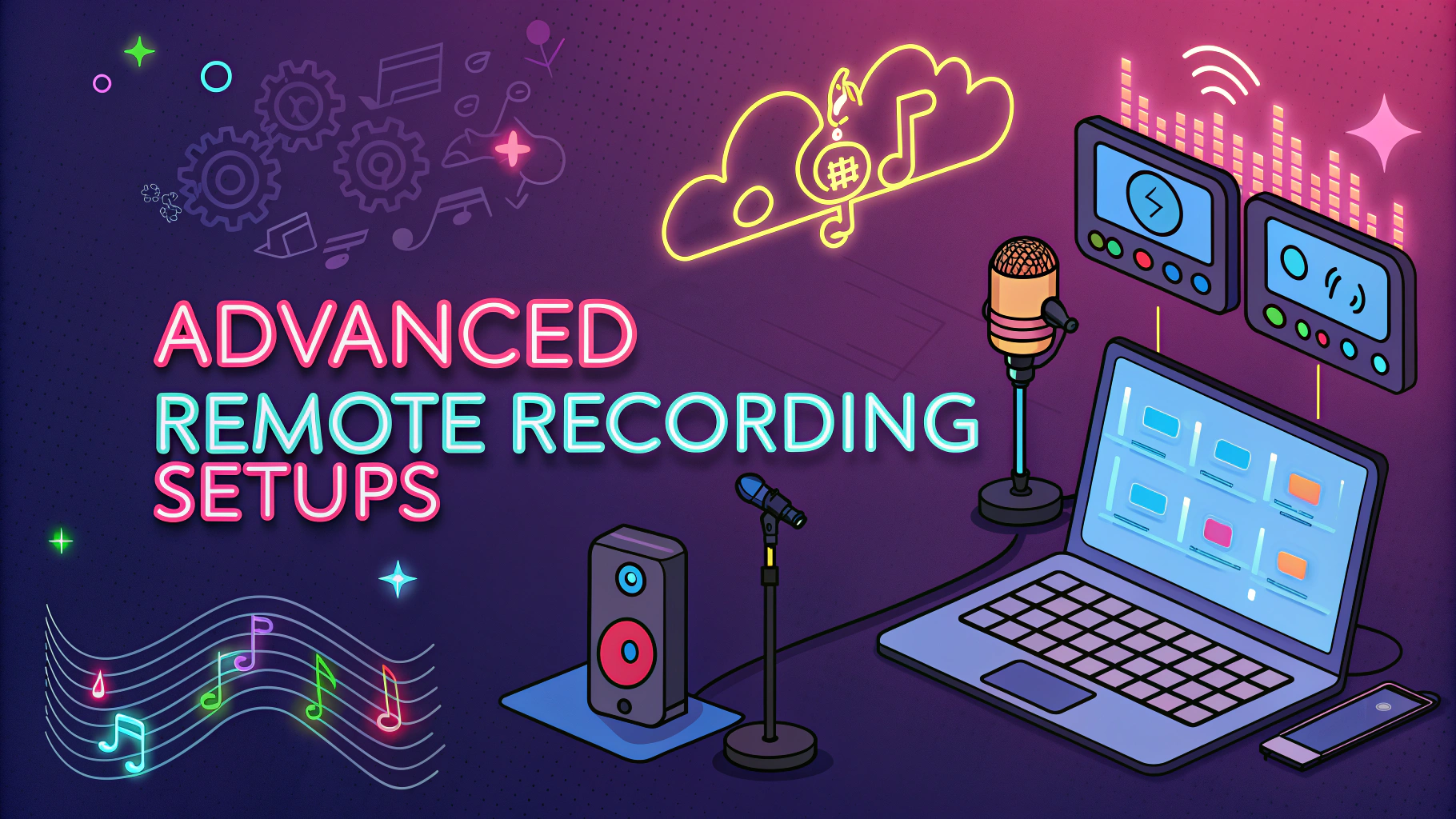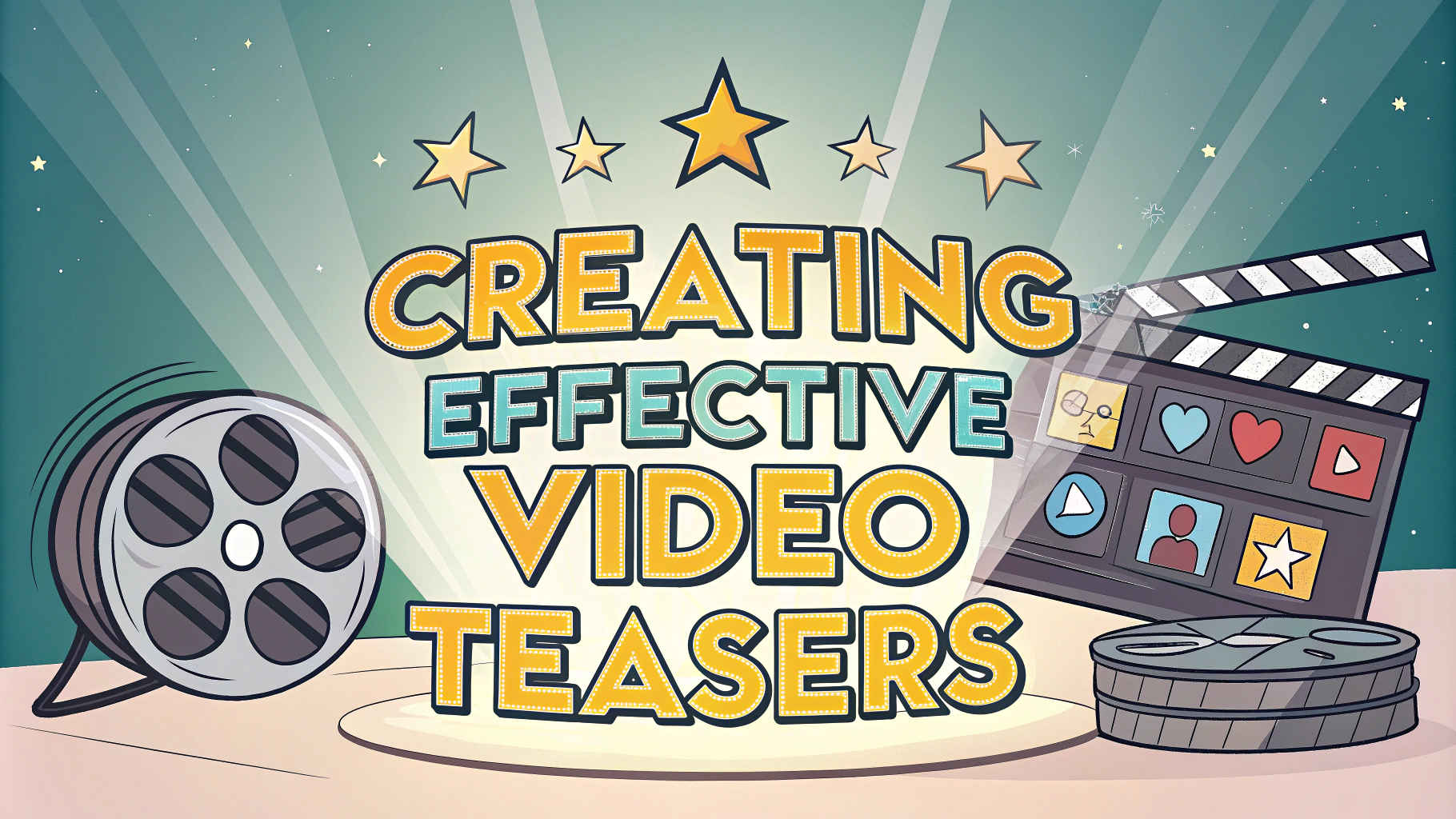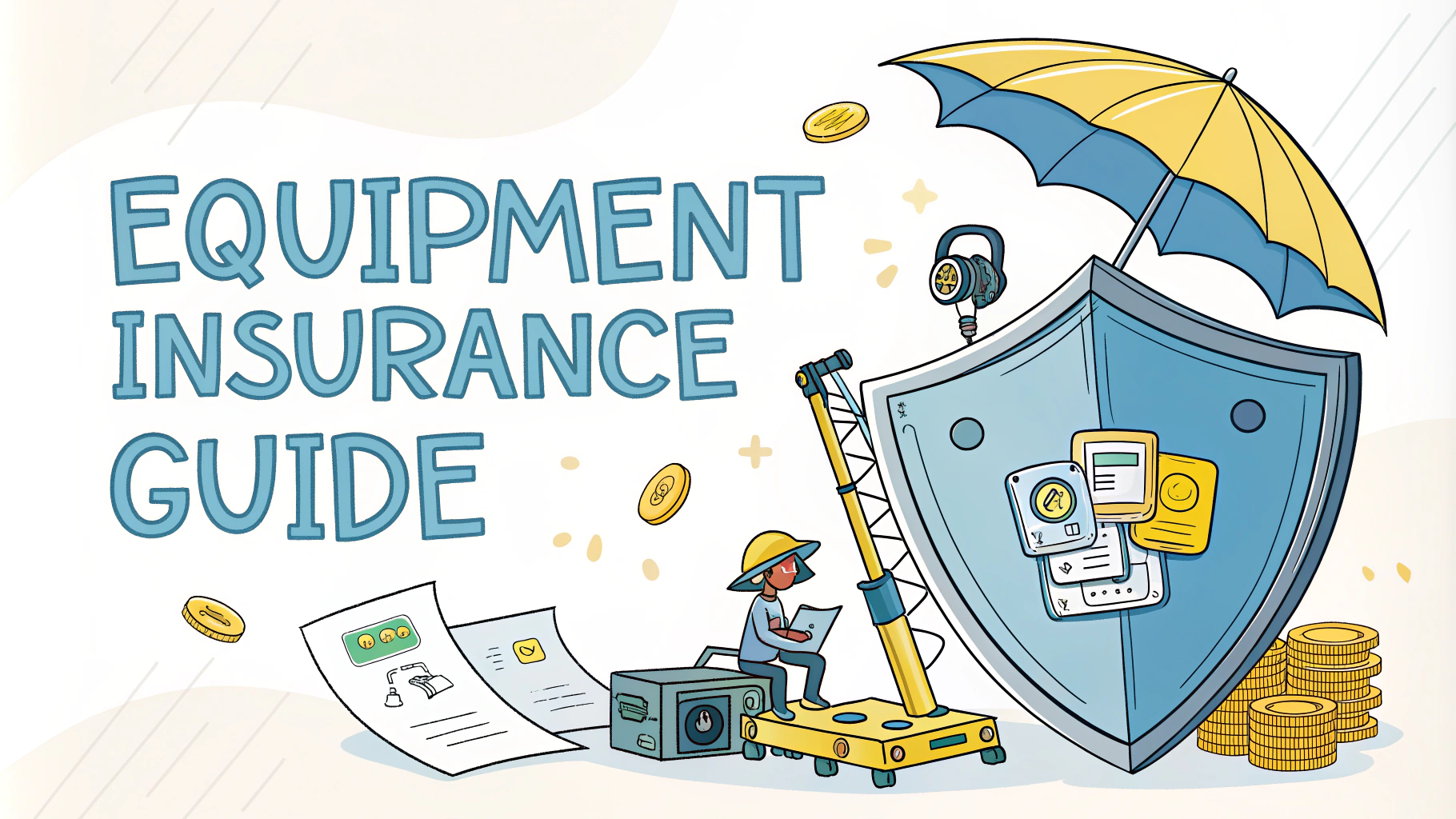Advanced interview techniques can transform your podcast from good to exceptional, leading to deeper conversations and more engaging content.
Understanding the psychology behind effective questioning helps hosts extract meaningful stories and insights from their guests.
This guide covers proven interview methods used by top podcasters to create compelling episodes that keep listeners coming back.
Pre-Interview Preparation
Research your guest thoroughly through their social media, previous interviews, and published work.
- Review recent projects or achievements
- Note controversial topics or sensitive areas
- Identify unique angles not covered in other interviews
- Prepare 3-5 unique questions based on your research
Question Structure Techniques
Start with open-ended questions that begin with “how” or “what” rather than those that elicit yes/no answers.
- Use the funnel technique: begin broad, then narrow down
- Follow up with “why” to dig deeper into responses
- Implement the STAR method: Situation, Task, Action, Result
Active Listening Skills
Practice the 80/20 rule – listen 80% of the time, talk 20%.
- Maintain eye contact (for video podcasts)
- Use non-verbal cues to show engagement
- Take brief notes without breaking conversation flow
- Allow for comfortable silence
Technical Interview Tips
| Equipment | Purpose |
|---|---|
| Backup recorder | Emergency recording backup |
| Sound meter | Monitor audio levels |
| Quality headphones | Clear audio monitoring |
Common Interview Pitfalls
- Interrupting the guest mid-thought
- Asking multiple questions at once
- Making the interview about yourself
- Reading questions robotically
- Failing to follow up on interesting points
Recovery Techniques
Keep these phrases handy for awkward moments or technical issues:
- “Could you elaborate on that point?”
- “Let’s pause for a moment to adjust our connection”
- “That’s fascinating, can we explore that further?”
Moving Forward with Your Podcast Interviews
Practice these techniques consistently to develop your unique interviewing style.
Record practice interviews with friends or colleagues to refine your approach.
Join podcast communities like Podcast Support Group or r/podcasting to connect with other hosts and share experiences.
Advanced Interview Strategies
Develop signature segments or recurring elements that make your podcast unique and memorable.
- Create themed lightning rounds
- Implement “reverse interviews” where guests ask you questions
- Use props or visual elements for video podcasts
- Incorporate audience questions strategically
Post-Interview Processing
Transform raw interviews into polished content through careful editing and enhancement.
- Identify key moments for promotional clips
- Create compelling episode descriptions
- Tag content appropriately for searchability
- Generate show notes with valuable timestamps
Building Listener Engagement
Convert casual listeners into devoted followers through strategic interview content.
- Create memorable callbacks to previous episodes
- Develop multi-episode arcs with related guests
- Incorporate listener feedback into future interviews
- Build community through social media engagement
Mastering the Art of Podcast Interviews
Success in podcast interviewing comes from continuous learning and adaptation. Focus on developing authentic connections with guests while maintaining professional standards.
Remember that every interview is an opportunity to improve your skills and provide value to your audience.
- Stay current with industry trends
- Network with other podcasters
- Seek feedback from trusted sources
- Document lessons learned from each interview
FAQs
- What are the key components of behavioral interviewing in podcast interviews?
Behavioral interviewing involves asking guests about specific past experiences, using the STAR method (Situation, Task, Action, Result), and following up with probing questions to uncover detailed stories and insights. - How do you prepare research for high-profile podcast guests?
Research involves studying their previous interviews, reading their published work, reviewing their social media presence, analyzing their career milestones, and identifying unique angles that haven’t been covered in other interviews. - What techniques help create natural conversation flow during podcast interviews?
Active listening, maintaining eye contact, using non-verbal cues, implementing strategic silence, and crafting transitional questions that bridge topics naturally while avoiding rigid script adherence. - How do you handle difficult or evasive interview subjects?
Use gentle persistence, rephrase questions from different angles, establish rapport before difficult topics, maintain professional composure, and have backup questions prepared. - What microphone techniques should be considered during podcast interviews?
Maintain consistent mic distance (4-6 inches), monitor levels continuously, use pop filters, position mics at a 45-degree angle, and ensure proper gain staging to prevent distortion. - How do you structure interview questions for maximum impact?
Start with open-ended questions, build from general to specific, use follow-up questions strategically, save controversial topics for mid-interview, and end with forward-looking questions. - What are effective ways to handle technical difficulties during remote interviews?
Have backup recording methods, establish clear backup protocols with guests, use local recording when possible, maintain stable internet connections, and conduct pre-interview technical checks. - How do you maintain control of the interview while keeping it conversational?
Use time-management cues, gentle interruptions when needed, clear transitional phrases, and maintain a balance between structure and natural flow while staying focused on key topics. - What are the best practices for creating compelling intro and outro segments?
Craft concise, engaging introductions that establish credibility, prepare thought-provoking closing questions, and design smooth transitions that maintain audience interest. - How do you address sensitive topics during interviews?
Build trust before approaching difficult subjects, use appropriate language, provide content warnings when necessary, and respect boundaries while maintaining journalistic integrity.
